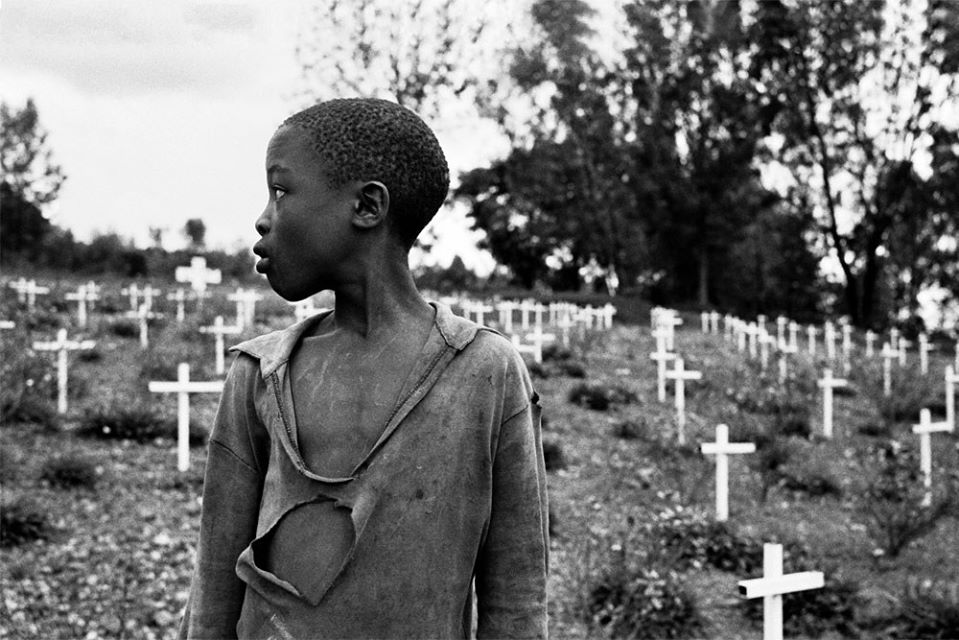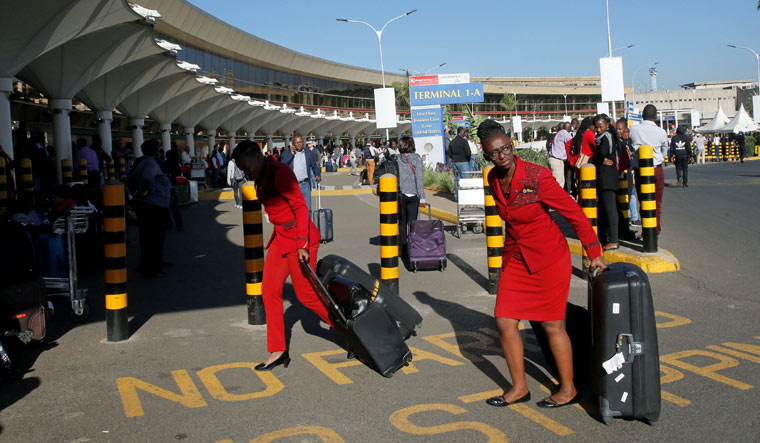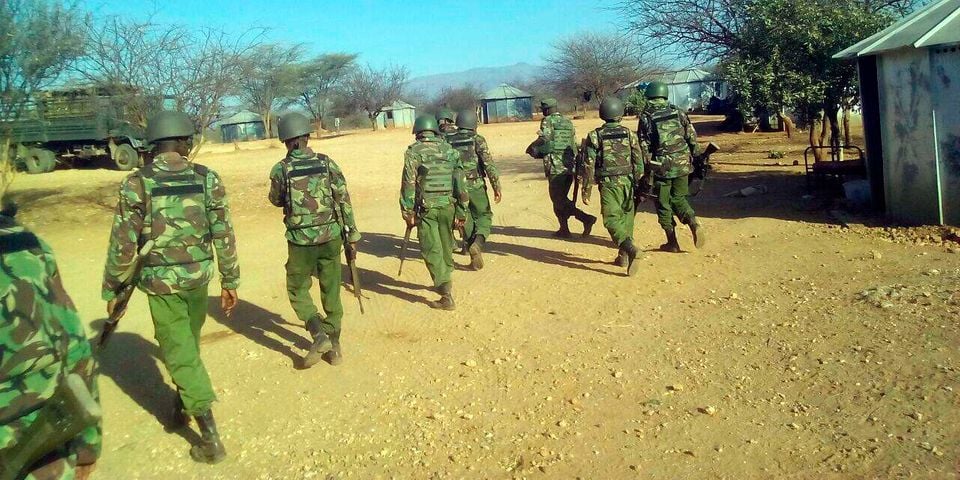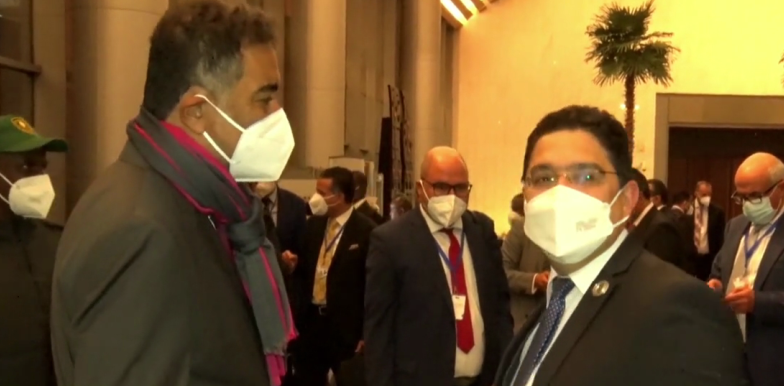African heads of state gathered in Rwanda’s capital Kigali on Sunday (7 April) as the small African nation marks 30 years since the genocide orchestrated by armed Hutu that killed an estimated 800,000 people, mainly ethnic Tutsis.
As Rwanda commemorates 30 years after one of the bloodiest massacres of the 20th century, President Paul Kagame led the rites in Kigali, lighting a remembrance flame, in a ceremony attended by heads of state, including Ethiopia’s Abiy Ahmed and South Africa’s Cyril Ramaphosa and other foreign dignitaries, including former President Bill Clinton. It’s been 30 years since the genocide, which saw neighbors turning on each other between April to June 1994, tore apart their country. During a 100-day killing spree that started on 7 April 1994, more than 1 million people — mostly from the Tutsi minority ethnic group, but also moderates from the Hutu majority who tried to protect Tutsis — were systematically murdered by Hutu extremists.
The subsequent rampage by armed Hutu men and the “Interahamwe” militia was triggered by the assassination of Hutu President Juvenal Habyarimana on the night of 6 April, when his plane was shot down over Kigali. Their mostly Tutsi victims were shot, beaten or hacked to death in brutal killings fueled by vicious anti-Tutsi propaganda broadcast on TV and radio. Remembering the genocide is significant in that “it reassures the world that never again that such an event will happen anywhere on this continent or even anywhere (else) in the world,” says Martin Mavenjina, a senior program advisor on transitional justice at the Kenya Human Rights Commission.



